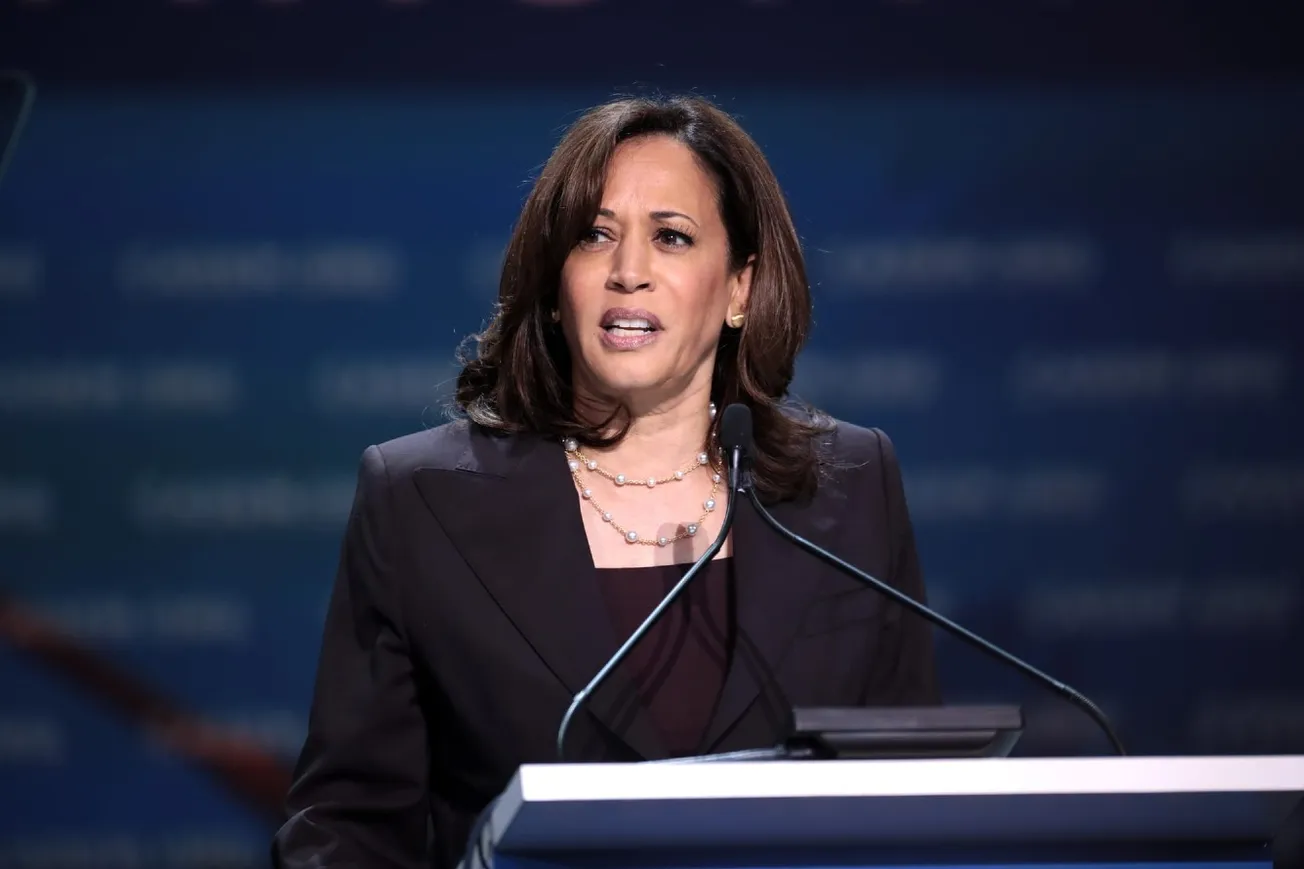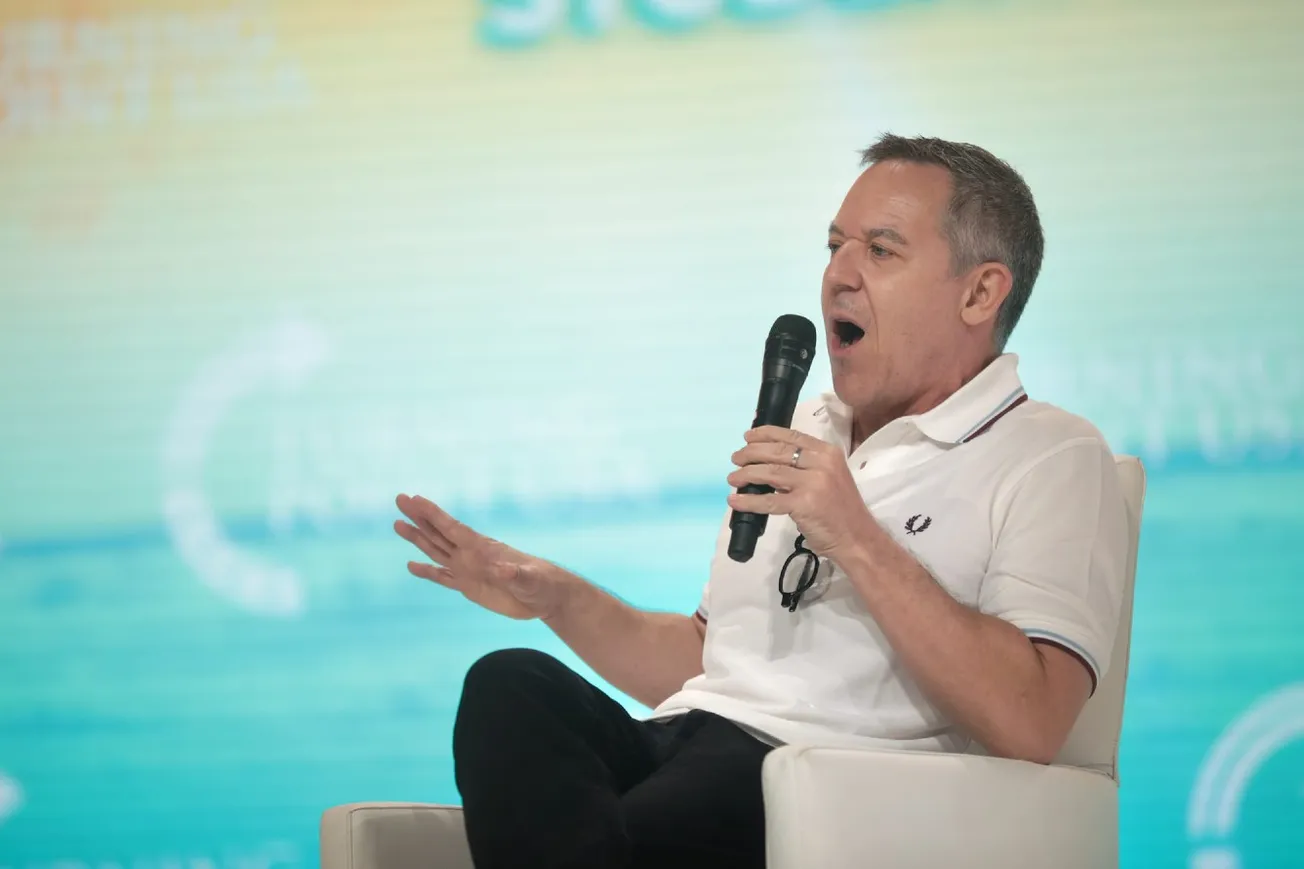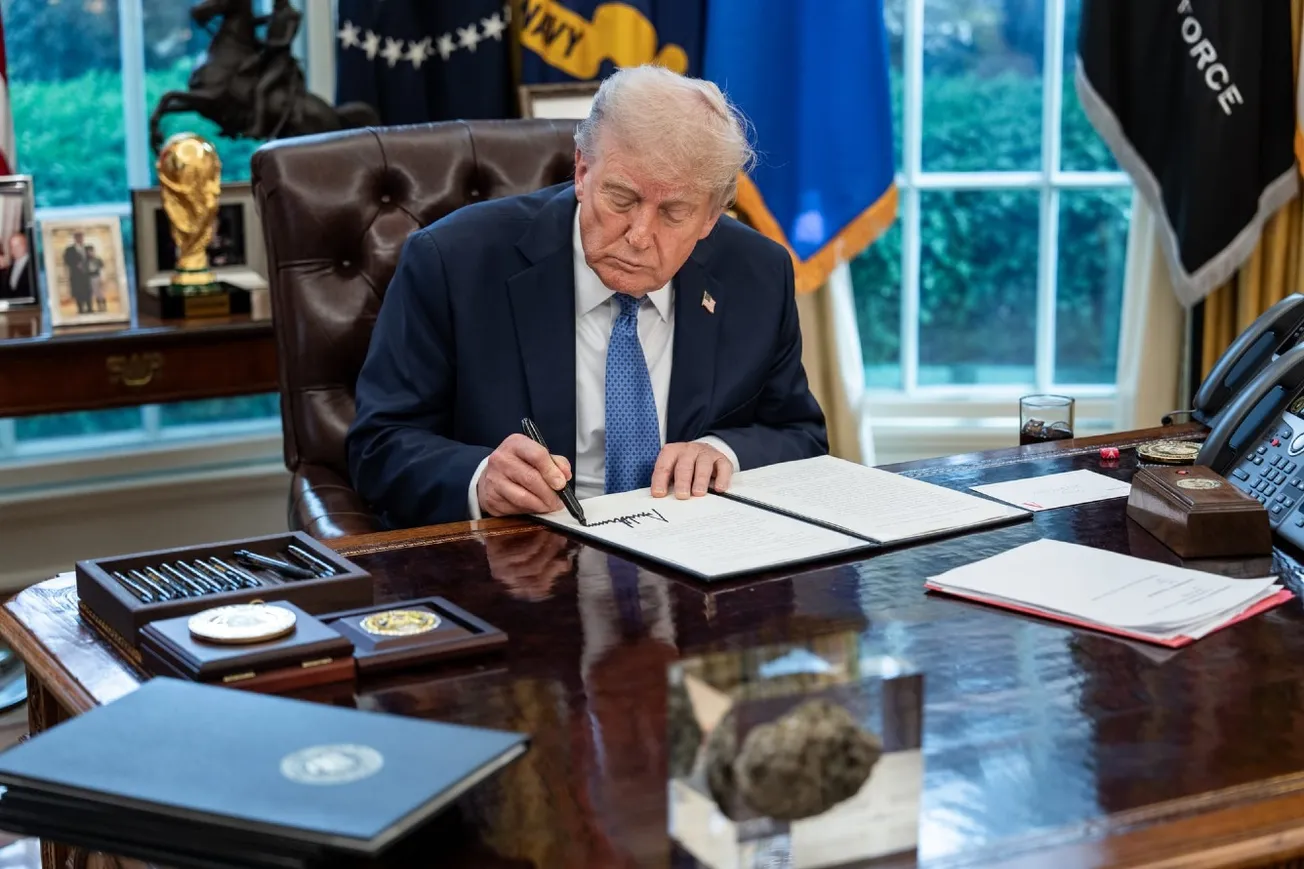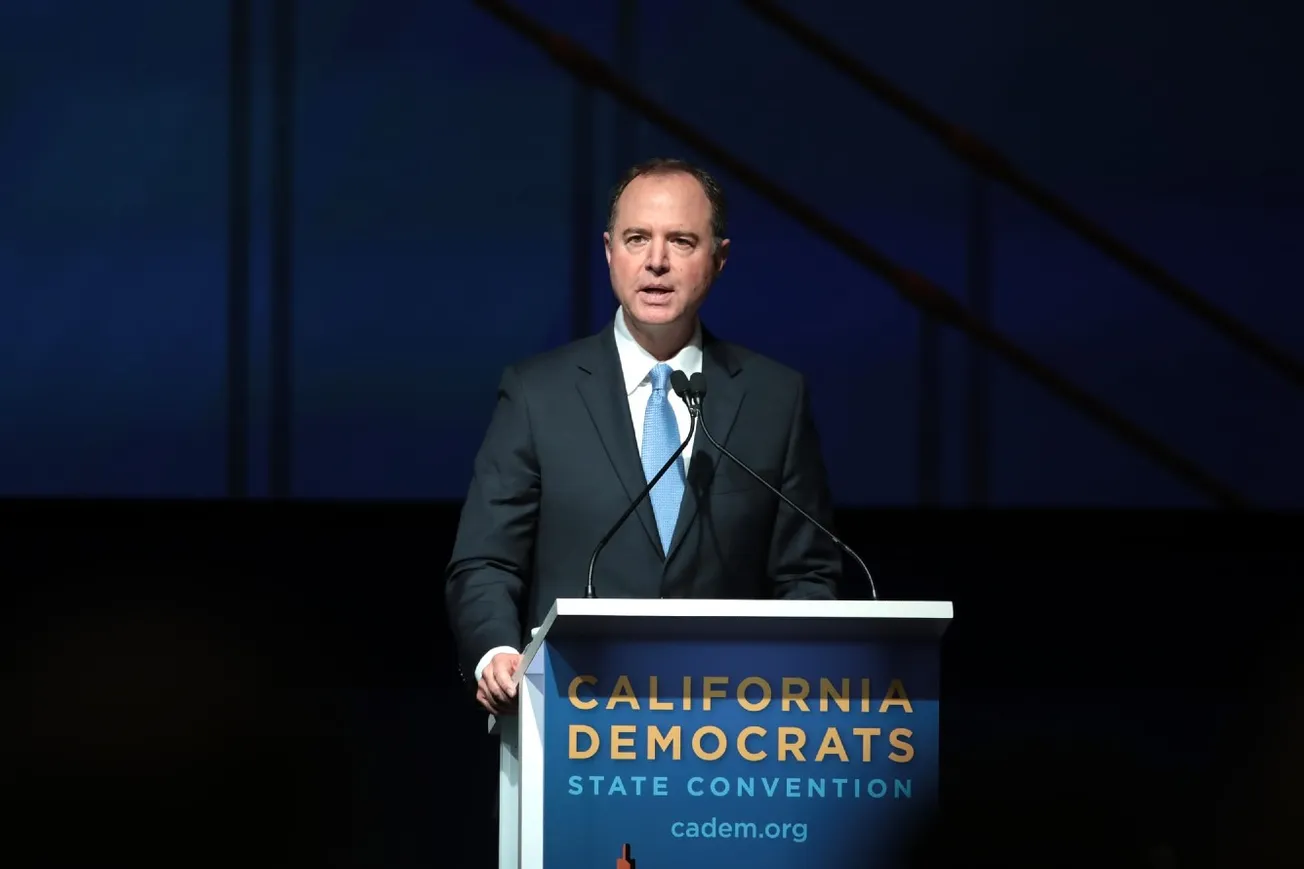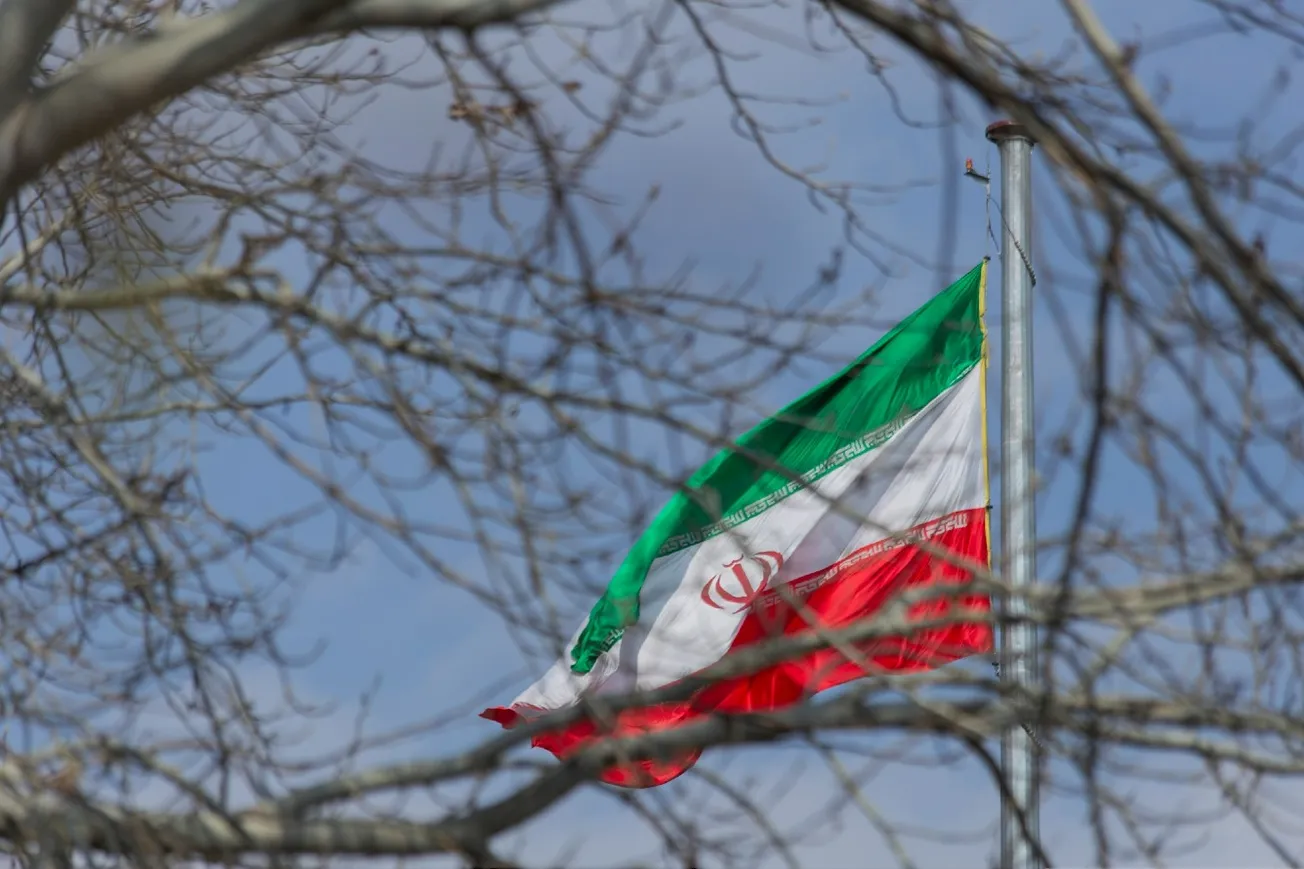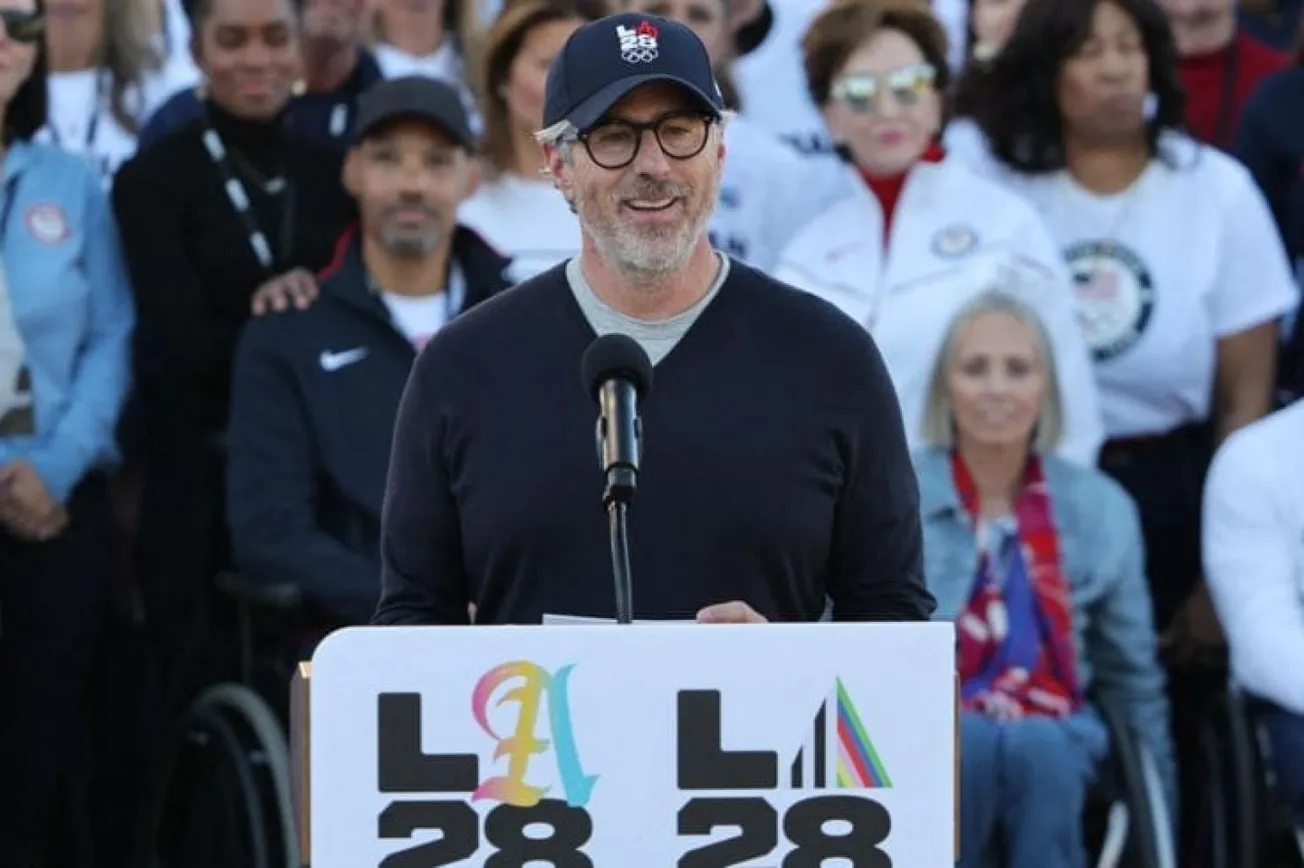By Michael Rectenwald via Mises Institute | October 18, 2024
Kamala Harris has suggested that, if elected, her administration would “pass the first ever federal ban on price gouging on food.” She has also stated that she would undertake several interventions into the healthcare industry, including a promise to “cap the cost of insulin at $35 for all Americans.”
These proposals represent nothing other than the promise to institute price-fixing on groceries and aspects of healthcare. To end so-called “price gouging,” the government would have to fix the top rate permissible to ask for certain goods. All talk of attacking “price gouging” by politicians implies price fixing.
The problem with price fixing is that it creates shortages and drives up the prices of other goods. Rather than reducing inflation, price fixing leads to shortages of the goods whose prices are fixed while shifting inflation onto other goods whose prices rise even more sharply than previously.
As Ludwig von Mises demonstrated, prices represent the incredibly thick and vital data sets required for allocating resources for commodity production and calibrating these to demand. Prices convey information. They serve as indicators of the relative scarcity of a commodity and automatically ration that scarce commodity to the highest demanders. When the price of an article is allowed to fluctuate and match the supply with demand, neither surpluses nor shortages will emerge. The market for goods will be cleared at some equilibrium price.
Government price fixing destroys this clearing and allocating function of prices. By permanently fixing prices above or below their equilibrium values, price-fixing regulation prevents the matching of available supply to demand. Thus, short-term surpluses and shortages become inevitable.
When prices are fixed at or below the market value, producers naturally curtail or even cease the production of price-fixed goods—unless, that is, they manage to find cheaper ways to produce it. In the case of food, such cheaper means might include taking shortcuts in the production process, cutting the salaries of employees, and/or forcing farmers to deliver raw materials—corn, grains, milk, meats, etc.—at lower prices, thus further distorting the economy and making people poorer.
In what became known as “the calculation problem,” Mises pointed to the need for true prices in the factors of production. Without these prices, he showed, irrationality and systemic chaos ensue. Eliminating prices in the factors of production leads to cancerous, over-sized productive capacities in one sector, paralleled by relatively anemic productive capacities in another, and so on. Price fixing leads to similar distortions, including shortages and higher prices on other goods.
What is worse, price fixing tends to increase the demand for price-fixed goods, as potential users switch away from relatively higher-priced alternatives. At the same, the production of price-fixed goods is discouraged. Thus, the future shortages of price-fixed goods are exaggerated. Still worse, the excess demand created by the artificially-fixed price of said goods spills over into other commodity markets where it tends to push up the prices of other commodities or, if these prices are also fixed, to cause additional shortages in those goods.
The Harris-Walz campaign has suggested that its price-fixing schemes would benefit American consumers by tamping down the cost of goods, especially of groceries. The prevention of “price gouging” would mean fixing the prices of essential foods.
This price-fixing scheme may be considered part of what Harris calls “an opportunity economy,” which otherwise remains undefined. The promise of price fixing is nothing but an “opportunity” for the Harris-Walz campaign to pretend that such measures would serve the people’s interests while they would eliminate foods from grocery stores.
A plan to prevent “price gouging” is a false promise held out to voters. Price fixing would do nothing to help consumers but rather would exacerbate the problem caused when excess currency floods the market, the root cause of general price inflation.
History has shown that price fixing has failed abysmally. It contributed to food insecurity and malnourishment in Venezuela and shortages of price-fixed goods during the Nixon administration. Harris either knows this and is lying about it, or else betraying the economic illiteracy of her policy advisors.
The views expressed on Mises.org are not necessarily those of the Mises Institute.
Michael Rectenwald, an author of twelve books, is a pundit and champion of free speech against all forms of authoritarianism and totalitarianism, including socialism-communism, “social justice,” fascism, and political correctness. He was a professor at NYU from 2008 to 2019.
Original article link


